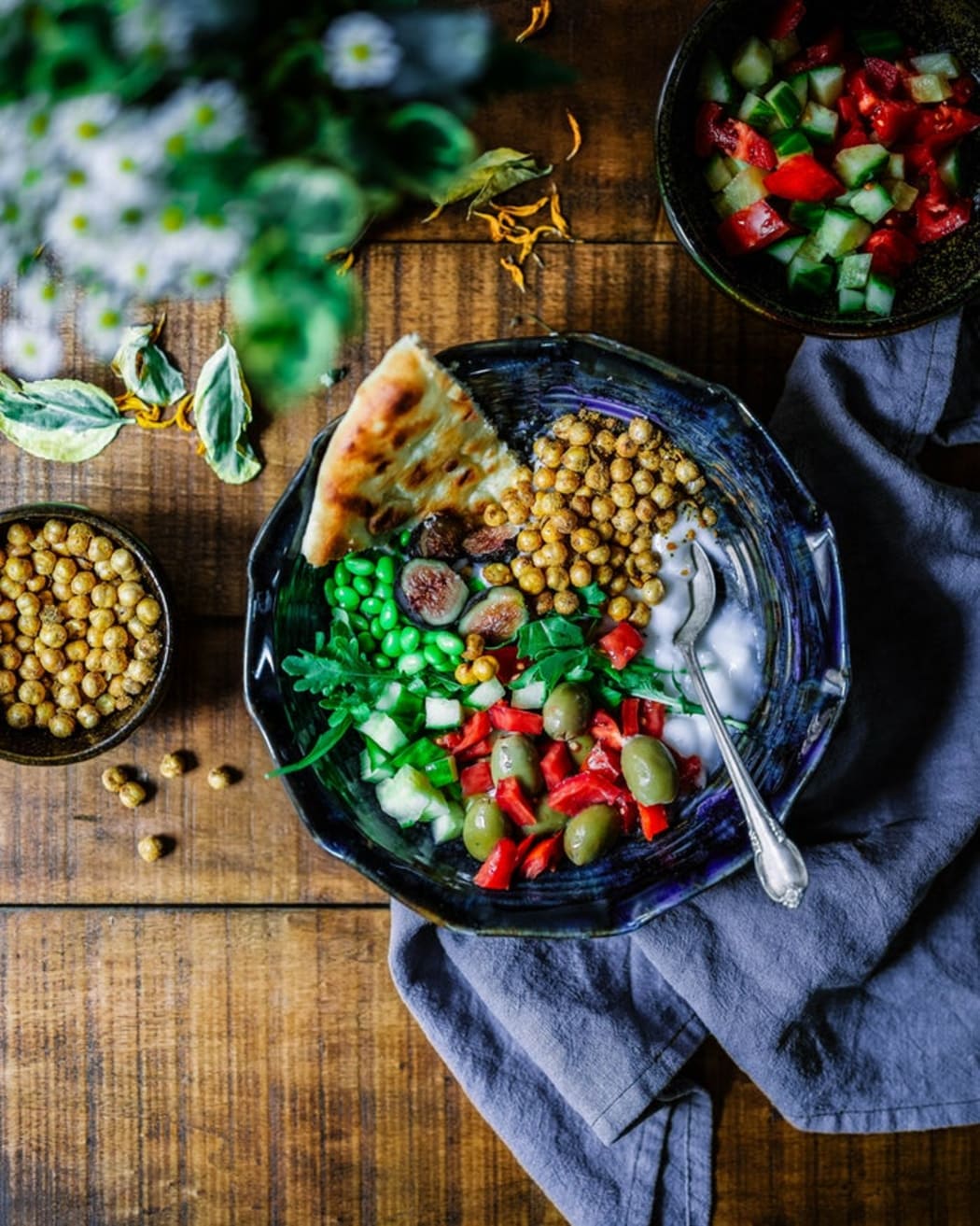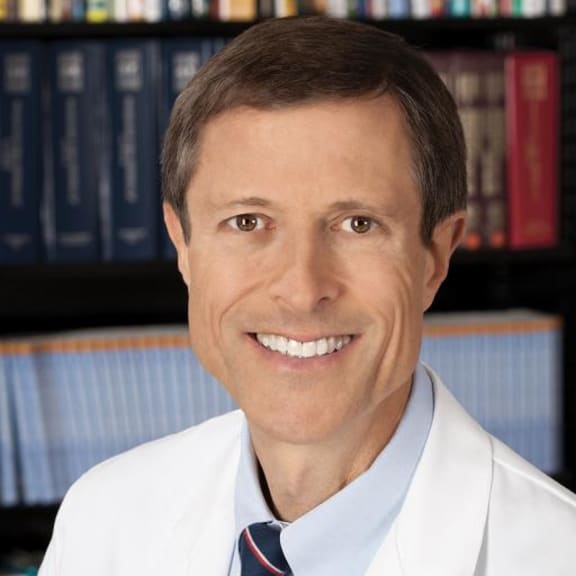Dr Neal Barnard grew up on a cattle ranch in North Dakota, but after a traumatic experience at a hospital cafeteria he became a leading advocate for plant-based diets.

Photo: Unsplash
He's now a nutrition researcher and adjunct associate professor of medicine at George Washington University School of Medicine in Washington, D.C.
Growing up, he says, his childhood couldn’t have been less vegan.
“Every day was roast beef, baked potatoes and corn except on special occasions when it was roast beef, baked potatoes and peas."
That all started to change when he was working in a hospital, prior to embarking on his medical studies.
“I actually had a job in a medical hospital and in the basement of the hospital, down in the bowels of the whole institution, there was the morgue.
“When anybody died in the hospital they would bring the body down and my job was to help the pathologist determine the cause of death.
“One day we had a man who died in the hospital, he’d had a heart attack, the pathologist cut a big section of ribs off the front of his chest and that exposed his heart and he sliced open a coronary artery and said they’re called coronary because they crown the heart.
"‘See all this plaque’, and I felt it, it was like a rock in his arteries, ‘that’s your bacon and eggs’."
Barnard cleaned up the body, put the ribs back, sewed it up and went for lunch.
“I went up to the cafeteria and they were serving ribs for lunch that day and I just couldn’t eat it … it smelled and looked like human ribs.”
He says that was when the seed was planted – although he didn’t go plant-based immediately.
“The research on reversing heart disease came out where people would go on a completely plant-based diet – suddenly there wasn’t any animal fat and any cholesterol and the heart disease would go away.”

Neal Barnard Photo: PCRM
In 2003, now a researcher, his team got a grant from the US government to look at vegan diets and type-2 diabetes.
Half the study participants got a standard calorie-controlled, diabetes diet and the other group was put on a completely vegan diet.
“Despite the fact the vegans were never counting calories and they were eating as much as they wanted, they lost a little bit more weight than the other group and blood sugars came under dramatically better control, three times better than the other diet.”
That’s when Barnard adopted the vegan diet, he says. And it’s not hard to do, he insists.
“It’s the easiest thing in the world; instead of meat on your spaghetti you have tomato sauce and instead of a meat chilli you have a bean chilli, it’s so easy but the pay-off is much better - weight control, diabetes in some cases goes away, heart disease reverses – the pay-off is huge.”
And veganism is no longer an outlier, it is being adopted by high profile politicians and sports people.
He says even American footballers are coming on board.
“Because they don’t want flab, they want muscle.”
Why plants over meat?
"Meat has cholesterol in it that plants never do, it has saturated fat, that’s fat that’s solid at room temperature, that causes several problems.
“Plants don’t have those things, they are more vitamin rich so you’re nutrition overall is much, much better and plants have a surprising amount of protein - if you ate nothing but broccoli for a day you would get 300 percent more protein than you need.”
That’s why he says herbivores, like cows, get so big.
Dairy isn’t needed for calcium
“Cows don’t make calcium, it’s an element in the earth and it gets into the blades of grass.”
You can do just as well with vegetables, he says.
“You only absorb about 33 percent of that calcium from milk if you ate the green vegetables directly the absorption fraction is higher between 40- 50 percent.”
Pregnancy and veganism
The vegan diet is appropriate during pregnancy and lactation, he says.
“A pregnant woman should not be consuming dairy, dairy will cut iron absorption by 50 percent if it’s taken at the same time as an iron-containing meal, it just grabs the iron and won’t let you have it.
“Vegan diets are appropriate and healthful at every stage of life - and that’s particularly true of pregnancy.”
Breast is best
“Babies are not designed to drink the milk of any bovine species at all - unless your mamas’ a cow - the milk should come from your mother’s breast.”
He says some research points to dairy being a factor in children developing type 1 diabetes.
“Type 1 diabetes is much higher in children who are not breast fed but who are fed the milk of a cow.
“We believe that for many of these children the dairy triggers an auto immune response that destroys the pancreatic cells.”
If mothers can not breast feed, he says, use a non-dairy formula.
How to start?
He recommends trying veganism for 21 days after which time you’ll start to notice beneficial changes.
“If a person has extra weight, you’ll be losing weight, if you have diabetes your blood sugar is going to fall and if you are on insulin it can fall fast on a vegan diet, so make sure your doctor knows.
“If you have joint pain, it’s likely to get better, if you are an athlete you’ll discover your recovery is more rapid and your endurance is better.
“If your child has asthma, run do not walk, to a completely vegan diet, many kids with asthma are flat out cured or dramatically improved with this diet.”
For more information the Phyicians Committee for Responsible Medicine has this resource.

